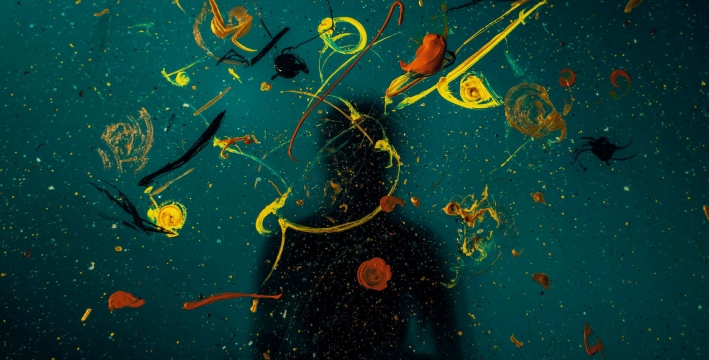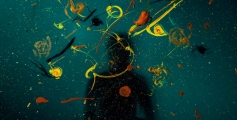Does Depression Foster Creativity?

The connection between depression and creativity has long been a subject of intrigue and debate. Some argue that depression can foster creativity, while others caution against romanticizing mental illness, with the latter group emphasizing the need for visiting a depression treatment center if symptoms of mental health disorder begin to show. That said, does depression truly foster creativity, or is this a dangerous myth that romanticizes suffering?

To obtain a deeper understanding of this complex relationship, this article will explore the complex and nuanced relationship between depression and creativity.
The Creative Spark in Darkness
Depression often involves intense emotional turmoil. While this turmoil can be painful, it can also fuel creativity. The emotional roller coaster experienced by those with depression can lead to profound insights and artistic expressions that resonate with others who have faced similar struggles. In a 2017 study, it was established by researchers that bipolar disorder, a mental health disorder characterized by periods of depression and mania, was often associated with creativity.
Furthermore, several studies have suggested that depression can bring forth a unique perspective on the world, often characterized by heightened sensitivity to emotions and a penchant for introspection. This heightened sensitivity can serve as a wellspring of inspiration for creative individuals. It is for this reason that many have cited the likes of Vincent van Gogh and Sylvia Plath when talking about depression and creativity. Despite their mental health issues, the creativity of these individuals was evident through their artistry.
The Dark Side
While there are potential benefits to the connection between depression and creativity, it's vital to acknowledge the dark side. Research in support of depression and creativity also indicates that there lacks a clear connection between the two variables despite evidence showing that depression is linked to creativity. That is the case because in some cases, the mental and emotional weight of depression can lead to creative blocks, self-doubt, and a lack of motivation, making it a challenging hurdle for many artists to overcome. Furthermore, despite the connection between bipolar disorder and creativity, there is a lack of clear evidence to show how mood disorder enhances creativity among individuals.

The Significance of Treatment
Mental health disorders require effective treatment approaches. Professional treatment, such as therapy and medication, can help individuals manage their symptoms and regain control over their lives. Managing depression can alleviate the barriers that hinder creativity, allowing artists to channel their creative energy more productively.
Bottom Line
Although various studies have demonstrated that a connection exists between depression and creativity, there is no conclusive evidence that an individual suffering from a mental health disorder would be “more creative.” This is the same case for the connection between mood disorder and creativity. However, what is undeniable is the connection between artistic expression and depression. In addition to visiting a depression treatment center, you may want to explore engaging yourself or your loved one in an art project. It can be surprising to see how relieving writing or painting can have on your mental health.





